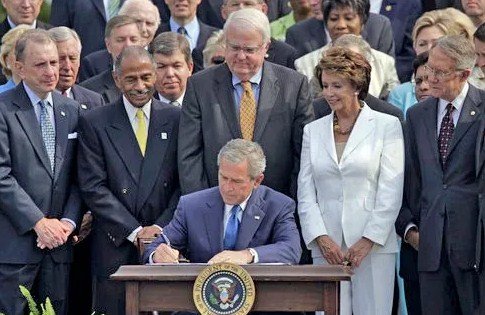
The bill has been positioned as a major counterpoint to the nationwide effort to make voting laws more restrictive following a failed attempt to overturn the victory of Democratic candidate Joe Biden in the 2020 presidential election. Virginia Governor Ralph Northam stated, “At a time when voting rights are under attack across our country, Virginia is expanding access to the ballot box, not restricting it”. The bill is also viewed in light of the American south’s long history of voter suppression, which was aimed principally at disenfranchising African Americans.
The Voting Rights Act of Virginia is a significant step towards ensuring that every vote counts and that all Virginians have the right to vote without facing any barriers or discrimination based on their race, color, or membership in a language minority group. The bill reflects Virginia’s commitment to protecting and expanding voting rights and democracy for its citizens.

Comments